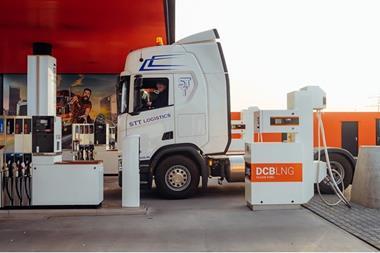As I write this, our never-ending winter seems to be continuing, although some sections of the media have become excited because temperatures might approach the dizzy heights of 14oC!
I’m sure that this is the sort of weather the Chancellor would have preferred not to have seen on the grounds that it has not helped any recovery in consumer spending. The postponement of the fuel duty increase has been welcomed but with so little room to manoeuvre on public finances, it was always unlikely that he would go any further than that.
Against this background, UK new car sales continue to be something of a conundrum with continued growth from private as well as business sectors.
Of particular interest to UKPIA’s refining members is the future split in demand for petrol and diesel.
With a structural imbalance too much petrol output and not enough diesel that is difficult to remedy. It is interesting to note that March’s car sales figures (SMMT) show an increase of 8.7% for petrol cars and 3% for diesel ones, making a market share of just over 51% and 49% respectively.
Hardly a big turnaround from 2012 and no doubt a major influence was the registration plate change to ’13’ clearly private buyers are not a superstitious lot.
The consensus seems to be that future diesel demand will continue to grow, albeit more slowly, while petrol will decline more gradually.
This topic of future fuel demand, resilience of our supply and storage, and a growing dependence on imported diesel, is of great interest both to UKPIA members and now the government. The Department of Energy and Climate Change (DECC) has just issued a consultation on the future of Compulsory Oil Stocking Obligation in the UK, which covers some of these aspects.
But for UKPIA and its members, a key area of interest in 2013 will be the analysis currently being undertaken by DECC to examine all the influences on the competitiveness of UK refining to help inform a future policy framework.
With initial results being available shortly, the follow-up actions will be critical in shaping future direction for the downstream sector and ultimately its consumers.

































No comments yet